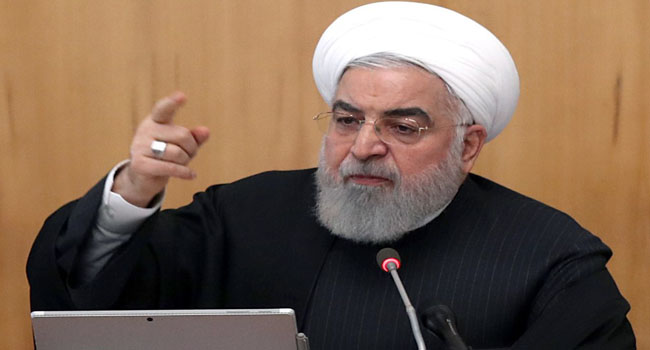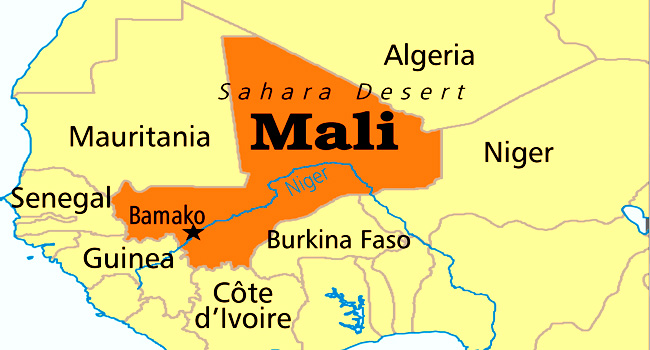
Iran said Saturday that a New York Times report that Al-Qaeda’s second-in-command had been secretly killed in Tehran was based on “made-up information” and denied the presence of any of the group’s members.
Iran’s foes, the United States and Israel, “try to shift the responsibility for the criminal acts of (Al-Qaeda) and other terrorist groups in the region and link Iran to such groups with lies and by leaking made-up information to the media,” foreign ministry spokesman Saeed Khatibzadeh said in a statement.
Khatibzadeh accused the US and “its allies in the region” of having created Al-Qaeda through their “wrong policies” and advised US media to “not fall into the trap of American and Zionist officials’ Hollywood scenarios”.
The NYT reported Friday that Abdullah Ahmad Abdullah, indicted in the United States for the 1998 bombings of its embassies in Tanzania and Kenya, was shot and killed in Tehran by two Israeli operatives on a motorcycle at Washington’s behest.
The senior Al-Qaeda leader, who went by the nom de guerre Abu Muhammad al-Masri, was killed along with his daughter, Miriam, the widow of Osama bin Laden’s son Hamza, the Times said, citing intelligence sources.
Washington accused Tehran of harbouring Al-Qaeda members and of allowing them to pass through its territory in 2016, an accusation denied by Tehran officials at the time.
“Even though America has not shied away from making any false accusation against Iran in the past, this approach has become routine in the current US administration,” Khatibzadeh said.
He accused President Donald Trump’s administration of pursuing an “Iranophobic” agenda as part of its “all-out economic, intelligence and psychological” war against Tehran.
“The media should not be a loudspeaker for the publication of the White House’s purposeful lies against Iran,” he said.
Since unilaterally abandoning a landmark nuclear deal between Iran and major powers in 2018, the Trump administration has reimposed crippling economic sanctions against Iran as part of a policy of “maximum pressure” against its government.
AFP




